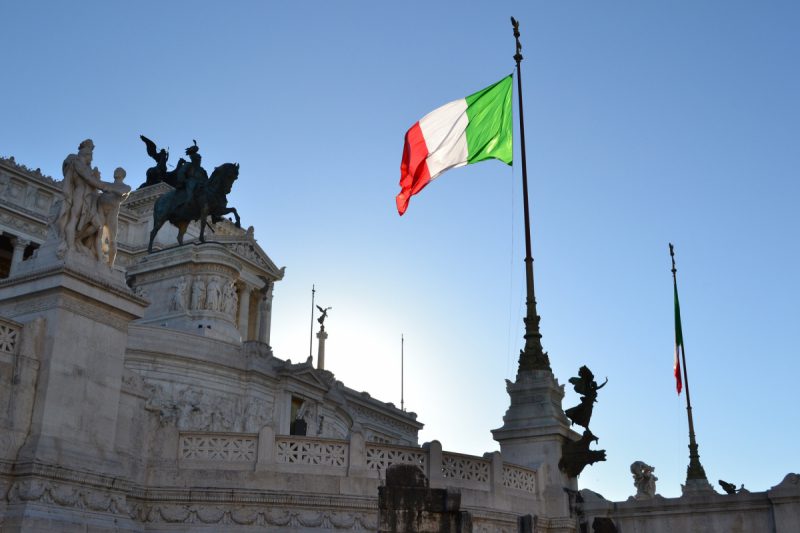“Burning” has already become a term that elates people from the crypto community. Different projects have deployed different mechanisms to burn their native tokens. The same is broadly intended to elevate asset prices over the long term.
On one hand, the rise in the value of assets is well-welcomed on any day by investors. On the other hand, a rise in the prices of commodities and other essentials is usually unbidden by consumers, for it merely increases their cost of living.
Now, it is a known fact that nations around the world have been battling with rising prices of commodities. The whole of Europe is facing an energy crisis and citizens of individual nations have been protesting.
To do so, a downcast burn trend has been going on. Towards the beginning of this month, for instance, protesters—led by the USB Union—burned energy bills outside CDP Bank in Rome as part of a rally against the rising cost of living. In fact, citizens were reportedly seen chanting and HODLing placards reading, “We’re not paying the bills” and “We’re not paying for your crisis and your wars.”
Effect on inflation
Per the latest data release, the rate of change of the Italian consumer price index for the whole nation was +0.3% on monthly basis and +8.9% on annual basis [from +8.4% in August]. The same remains to be unaltered from the flash estimate.
The speed-up of the growth on an annual basis of the all-item index was mainly due to the prices of processed food, non-durable goods, semi-durable goods, and services related to recreation.
With respect to energy, the issued statement noted,
Quite the opposite, the prices of regulated (from +47.9% to +47.7%) and of non-regulated energy products (from +41.6% to +41.2%) and of services related to transport (from +8.4% to +7.2%) slowed down.
Worth recalling here is that Italy’s regulated household electricity prices have been forecast to increase by 59% in the fourth quarter, the country’s energy authority ARERA said in a statement towards the end of last month.
Are all nations in the same boat?
On one hand, as most countries are fighting rising prices, nations like Brazil seem to be an exception. The country recorded its third consecutive deflationary month in September. Nevertheless, Brazil’s Central Bank has said that it’s too early to celebrate deflation.
“A lot is because of government measures, so we don’t think it’s a special reason to celebrate. But the dynamics are getting better,” Central Bank Chief—Roberto Campos Neto—recently said.
Also Read: Rio’s Crypto Option for Real-Estate Tax Official from 2023: Mayor





